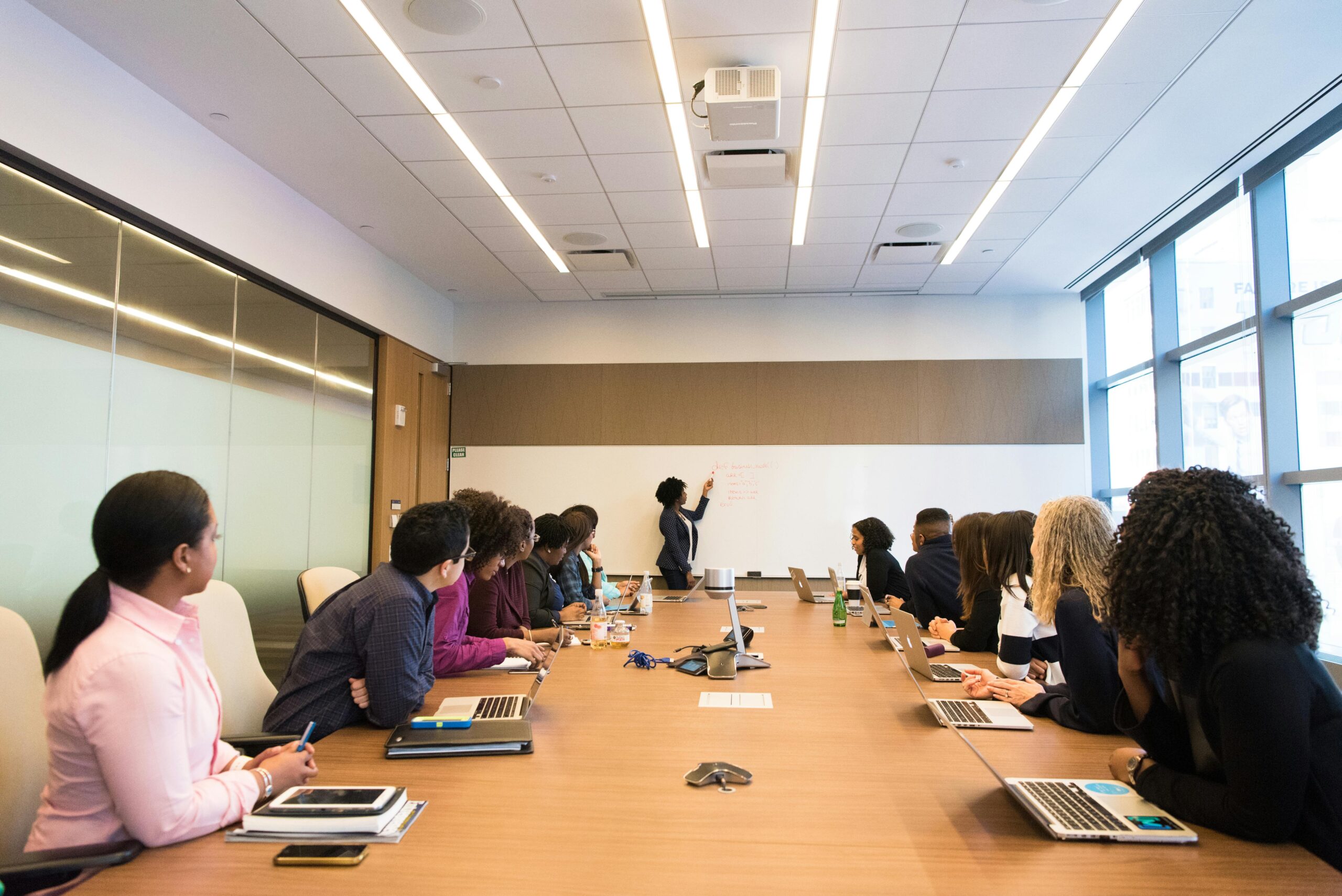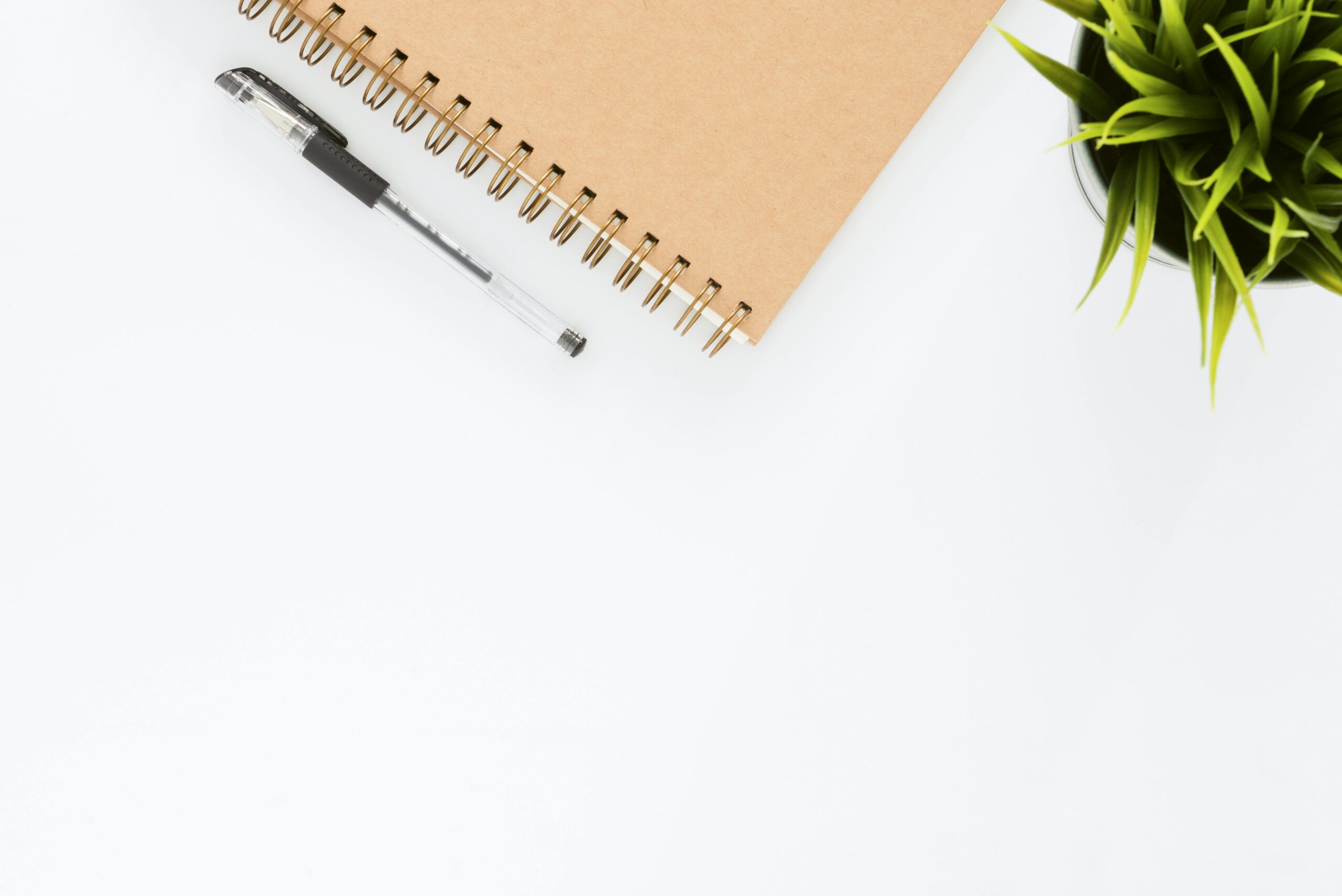Job interviews are stressful for most people, and it’s easy to make a few mistakes under pressure, the aim is to avoid mistake during a job interview in Turkey. But in Turkey’s competitive job market, there’s one misstep that can really cost you: walking into an interview unprepared. Whether you’re just starting your career or you’re a seasoned professional, not taking the time to prepare properly can seriously hurt your chances.
Let’s dive into why this is such a deal-breaker, how it affects your performance, and—most importantly—how to make sure it doesn’t happen to you.
Mistake to Avoid During a Job Interview in Turkey / Why Lack of Preparation Can Ruin Your Interview
1. You Risk Making a Bad First Impression
In Turkey, first impressions are taken seriously—especially in professional settings. If you show up without doing your homework, it can come across as careless or even disrespectful. And since most hiring managers form an opinion within the first few minutes, that early slip-up can be hard to recover from.
2. You May Struggle to Answer Questions Confidently
When you’re unprepared, even basic questions can throw you off. You might hesitate, give vague responses, or ramble without making a clear point. That kind of uncertainty can make the interviewer question whether you’re truly the right fit.
3. You Miss the Chance to Show You Know the Company
Employers want to hire people who understand what they’re walking into—what the company stands for, how it operates, and what its goals are. If you haven’t taken the time to learn about the company, it’s easy for the interviewer to assume you’re not that interested.
4. You Forget to Highlight Your Strengths
When you’re underprepared, it’s easy to forget your best stories and achievements—the ones that prove you’re qualified. You might walk out of the interview realizing you missed opportunities to show what you’re really capable of.
5. Your Body Language Gives You Away
Nervous energy from not being ready often shows up in the way you move and speak. Maybe you fidget, avoid eye contact, or overuse filler words like “um” or “uh.” These signs can subtly (or not so subtly) impact how confident you appear.
6. You Struggle With Behavioral Questions
A lot of companies in Turkey use behavioral questions to get a sense of how you’ve handled situations in the past. If you haven’t practiced, you might find yourself rambling or freezing up when asked to describe a challenge or conflict you dealt with.
How to Make Sure You’re Fully Prepared
1. Research the Company and Industry
- Read up on the company’s history, values, and what they do.
- Stay current with industry trends in Turkey, especially those that might impact the company.
- Check out their social media and LinkedIn for the latest updates and tone of communication.
- Look through employee reviews to understand the company culture.
2. Study the Job Description Carefully
- Break down the role to understand what’s expected.
- Match those responsibilities to your experience and think of examples you can share.
- If you notice a skills gap, be honest—and ready to explain how you’re working on it.
3. Practice Interview Questions
Don’t just think about your answers—say them out loud.
Use the STAR method (Situation, Task, Action, Result) to structure responses to questions like:
- “Tell me about yourself.”
- “Why are you interested in this company?”
- “What’s a strength and a weakness you’d like to share?”
- “Where do you see yourself in five years?”
- “Can you describe a challenge you overcame at work?”
4. Dress for Success
- Choose your outfit based on the role and industry.
- For corporate jobs, business formal is the safest choice.
- In more creative or startup environments, smart casual might be more appropriate.
- Keep your look clean, tidy, and appropriate to the company culture.
5. Work on Your Body Language
- Make eye contact without staring.
- Sit up straight and keep your posture open.
- Use natural hand gestures when speaking.
- Avoid nervous habits like tapping your foot or playing with your pen.
6. Prepare for Online Interviews
If the interview is virtual:
- Test your tech—microphone, camera, and internet connection.
- Choose a quiet, well-lit spot with a tidy background.
- Dress as you would for an in-person meeting.
- Look at the camera when speaking to simulate eye contact.
- Keep some notes nearby, but don’t read from them.
7. Ask Smart Questions
Don’t forget—interviews go both ways. Show your interest by asking questions like:
- “What are some of the challenges someone in this role might face?”
- “How is success measured in this position?”
- “What’s the company’s vision for the next few years?”
- “Can you tell me more about the team dynamic?”
(Pro tip: Hold off on questions about salary and perks until a later stage, unless the interviewer brings them up first.)
8. Send a Follow-Up Email
- Thank the interviewer within 24 hours.
- Mention something specific you talked about—it shows you were engaged.
- Reaffirm your interest in the role and the company.
- If you haven’t heard back in a week, feel free to follow up politely.
9. Get Familiar With Different Interview Styles
- Panel interviews may involve multiple interviewers at once—stay calm and make eye contact with everyone.
- Case interviews test your problem-solving. Practice thinking on your feet.
- Competency-based interviews require you to share real-life examples that prove your skills.
- Stress interviews are designed to test how you handle pressure—stay composed and don’t take it personally.
10. Be Culturally Aware
- Formality matters. Address interviewers by their titles unless they tell you otherwise.
- Arrive 10–15 minutes early—punctuality is a big deal.
- Avoid topics like politics or religion unless they come up in a professional context.
- Stay respectful and professional throughout, even if the tone is friendly.
Other Mistakes to Avoid
Even with great prep, a few extra things to steer clear of:
- Speaking negatively about past employers. Always keep it respectful.
- Sounding overly rehearsed. Aim for natural, confident delivery—not memorized lines.
- Not really listening. Pay attention and respond to what’s actually being asked.
- Stretching the truth. Employers often verify credentials—honesty wins.
- Forgetting your documents. Bring extra copies of your resume, ID, and anything else relevant.
- Using casual language. Keep your tone polished and professional.
Not preparing for a job interview is one of the biggest mistakes candidates make in Turkey—and it’s one of the easiest to fix. With just a bit of research, practice, and intention, you can walk in feeling confident and ready to show why you’re the right person for the job.
Preparation shows respect—for yourself, for the opportunity, and for the people you’re meeting. And in a competitive job market like Turkey’s, that kind of professionalism really stands out.



